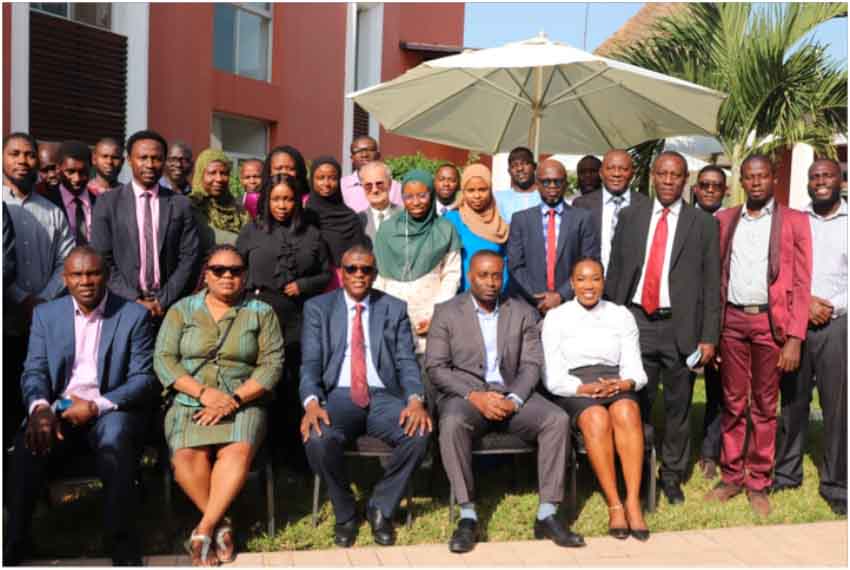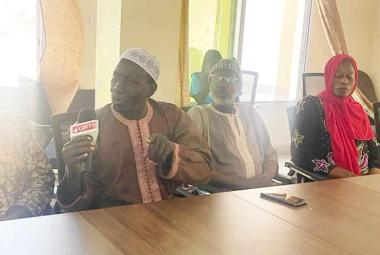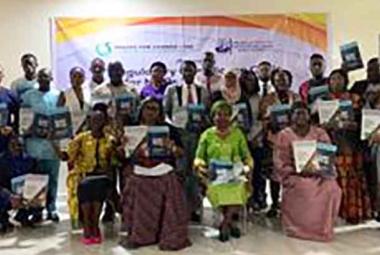By Fatou B. Cham
The Government of The Gambia, through the Ministry of Finance and Economic Affairs (MoFEA), last week commenced capacity building on the Government’s Debt Sustainability Analysis (DSA). The eight-day workshop assesses the Government’s capacity to meet its debt obligations and finance its development aspirations sustainably over the long term.
The Ministry is being supported on this initiative by the West African Institute for Financial and Economic Management (WAIFEM). It is funded by the African Legal Support Facility (ALSF) under the African Development Bank (AfDB). Participants include stakeholders from the Accountant General’s Department, Central Bank of The Gambia, The Gambia Revenue Authority, and The Gambia Bureau of Statistics.
Bakary Krubally, Director of Loans and Debt Management, MoFEA, emphasised the importance of the workshop, noting that the project went through a lot of delays before it kicked off. He recognises the support and tireless efforts of the DG of WAIFEM in their endeavours.
“I hope that this training will be very successful, and it will be a training that would actually breed knowledge that all would benefit from,” he concluded.
Dr. Baba Yusuf Musa, Director General, WAIFEM explained that since 2020, ALSF has worked closely with WAIFEM to provide debt management capacity building support to The Gambia.
The Gambia is facing a critical juncture due to the COVID-19 pandemic and economic shocks, which have led to high public debt levels and limited investment in development priorities.
Dr Musa said the economy is also vulnerable to external shocks like commodity price volatility, climate change, and global economic downturns.
“Despite improvements in public debt management, institutional capacity challenges persist, including gaps in data management, analytical capabilities, inter-agency coordination, and domestic capital market development. Effective and sustainable debt management is essential for The Gambia to achieve its National Development Plan goals, such as investing in infrastructure, education, and healthcare,” he added.
The Gambia, according to the WAIFEM DG, is undergoing capacity building to enhance its public debt management capabilities.
The project consists of four componnts: a Debt Sustainability Analysis, a Medium-Term Debt Strategy (MTDS), an Annual Borrowing Plan (ABP), and Institutional Strengthening.
He stated that the DSA will evaluate The Gambia’s capacity to meet its debt obligations sustainably, providing insights into the country’s debt-carrying capacity, risk factors, and borrowing decisions. The MTDS will establish a clear roadmap for managing government debt over the next five years, balancing cost and risk considerations.
“The project will reinforce The Gambia’s sovereign debt management capabilities by addressing institutional gaps and fostering collaboration among stakeholders. This project is part of WAIFEM’s continued partnership with the Republic of The Gambia and the ALSF, which supports the Gambian debt management reform process,” he explained.
Alain-Stephane Mouwt, representative of the African Legal Support Facility (ALSF) unveiled that this project has been in their minds for quite some time now.
“This project aligns with the ALSF vision which is to manpower and strengthen capacities among African governments,” he added.





